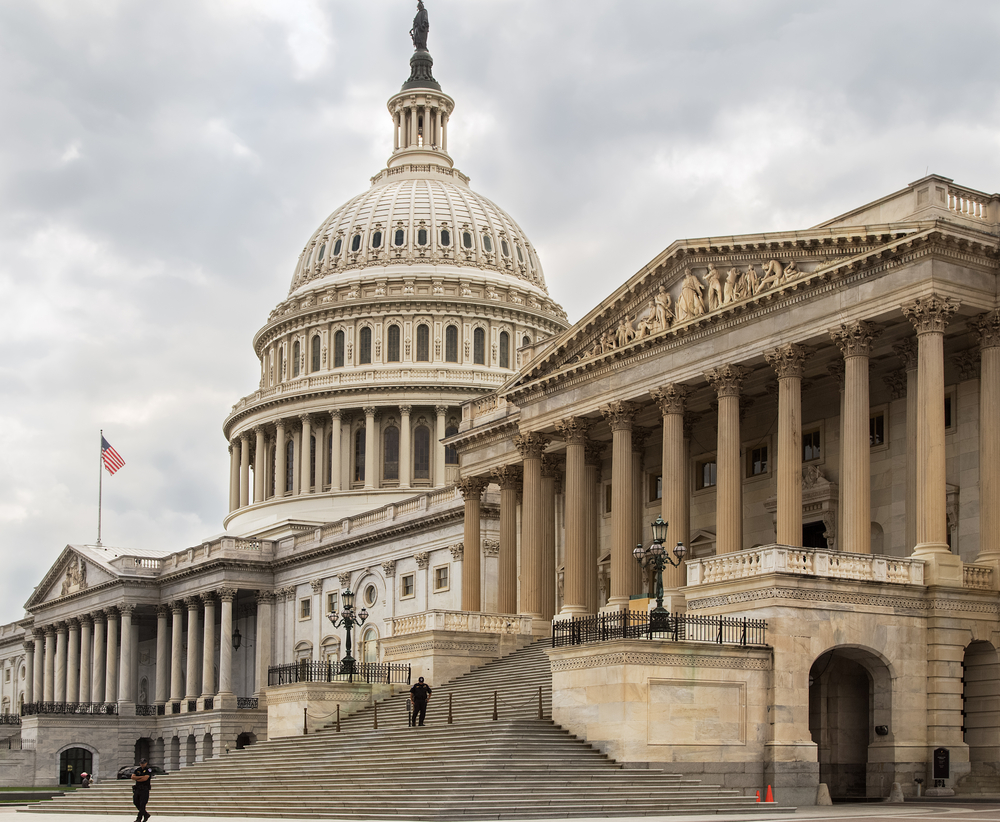July 6, 2021 – The authors of the 21st Century Cures Act, which passed with bipartisan support in 2015, now want to build on its success with new legislation that would improve clinical trials, provide information and training for patients and caregivers, and fund President Joe Biden’s concept for an Advanced Research Projects Agency for Health (ARPA-H). On June 22, Reps. Diana DeGette (D.-Colo.) and Fred Upton (R.-Mich.) introduced a discussion draft of 21st Century Cures 2.0.
According to a June 22 press release from the cosponsors, DeGette and Upton have been working with the White House for months to make ARPA-H a reality, and have included language to establish this entity in a broader bill that they have been drafting “to modernize how the U.S. delivers innovative new cures and treatments to patients.”
“The federal government has amazing resources at its disposal,” DeGette and Upton said, “and now is the time to put the full weight of those resources to use to cure some of the world’s most devastating diseases, such as cancer, diabetes, Alzheimer’s and more. Developing and delivering new lifesaving cures is a mission that must unite all of us.”
“With all of the other high-profile legislation of the last few months, this bill is hovering a bit under the radar,” said Coalition for Healthcare Communication Executive Director Jon Bigelow. “DeGette and Upton muscled the first 21st Century Cures Act through, with continuing funding that still benefits the FDA, and it seems reasonable that some version of Cures 2.0 will also pass, either as separate legislation or rolled into next year’s PDUFA VII legislation.”
APRA-H would be modeled after the military’s Defense Advanced Research Projects Agency (DARPA) and “provide some of the nation’s greatest minds access to the federal government’s virtually limitless resources to help shape the future of medicine in the U.S. by making the seemingly impossible, possible,” the press release stated. In support of the idea that ARPA-H would bring value, DeGette and Upton stated in their press release that DARPA initially funded Moderna’s mRNA vaccine technology approach – “an investment that later led to the development of a highly-effective COVID-19 vaccine in record time.” Their proposal would authorize $6.5 billion funding to establish this agency as a component of the National Institutes of Health.
In addition to establishing ARPA-H, the proposed Cures 2.0 legislation would:
- Improve how Medicare covers innovative new health care technologies, making them more available to those who need them.
- Increase diversity in clinical trials to ensure new drugs and treatments are both safe and effective for a greater majority of patients throughout the country.
- Require FDA to expand the collection and use of real-world evidence to aid in the development of new, patient-focused treatment approaches.
- Provide training and educational programs for caregivers – many of whom are family members with no prior health care experience – to help improve the quality of the care patients are provided at home, between clinical visits.
- Provide patients greater access to more health information to improve their understanding of the illness they face and make them a more integral part of the decision-making process when assessing which course of treatment is best for them.
- Increase access to telehealth services for patients covered under Medicare, Medicaid or the Children’s Health Insurance Program to make these services more accessible to more Americans.
Cures 2.0 also would require the Secretary of the Department of Health and Human Services (HHS) to conduct a nationwide study to further understand the implications of long-haul COVID-19, and calls for HHS “to develop a nationwide testing and vaccine distribution strategy to be used in future pandemics.”




